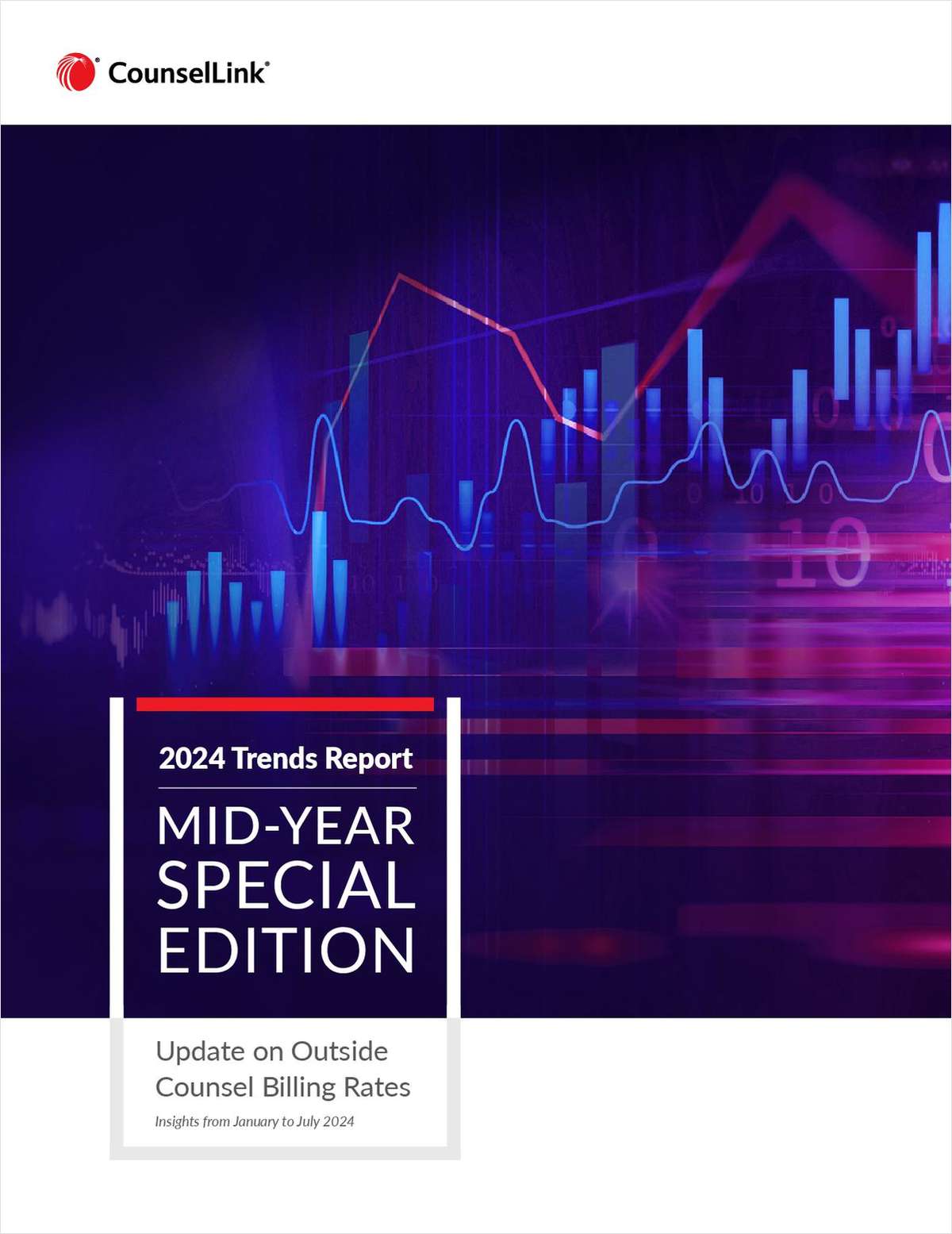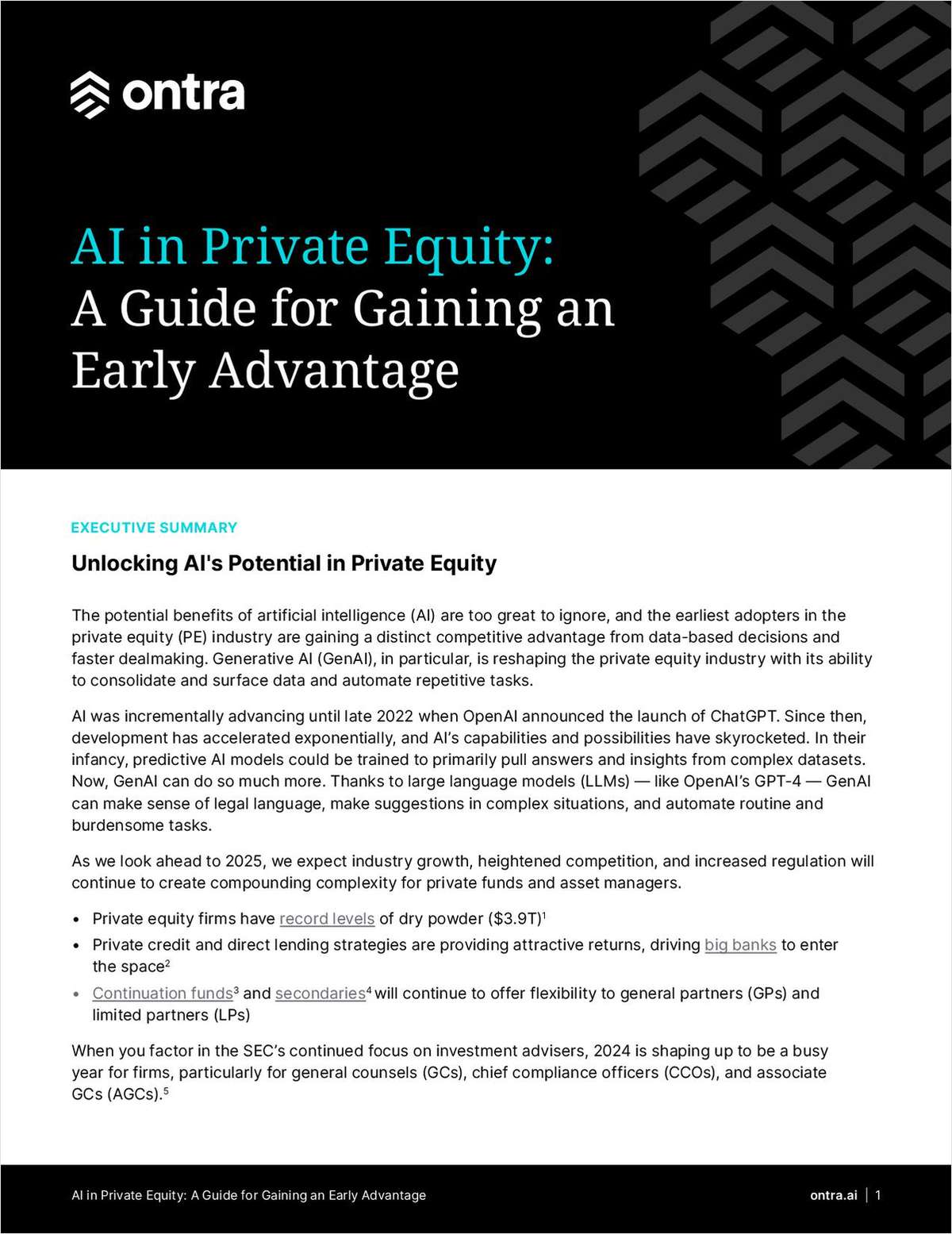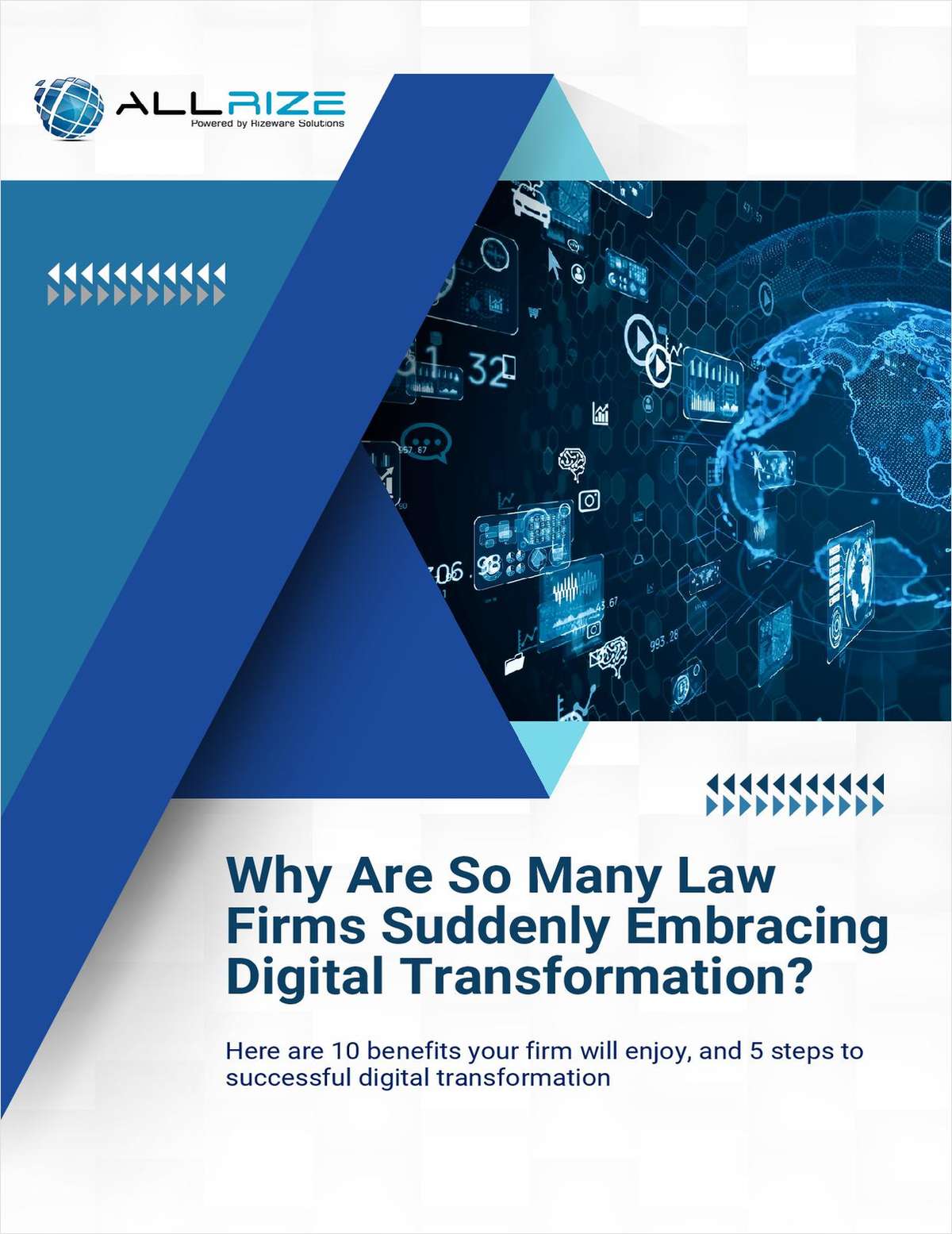Second Circuit Reverses Course and Denies Article III Standing for Statutory Damage Claims Arising Out of Untimely Recording of Mortgage Discharges
Maddox v. Bank of N.Y. Mellon Trust does not preclude a borrower from seeking redress in state court for violation of statute and pursuing statutory damages on an individual basis, but the decision narrows a borrower's ability to pursue class damages in federal court for failure to timely record mortgage satisfactions.
March 07, 2022 at 10:03 AM
4 minute read
Landlord Tenant LawIf at first you don't succeed, try again. In Maddox v. Bank of N.Y. Mellon Trust Co., N.A., the United States Court of Appeals for the Second Circuit got it right by vacating its prior order in light of the Supreme Court's TransUnion LLC v. Ramirez, 141 S. Ct. 2190 (2021), decision. 2021 U.S. App. LEXIS 34056 (2d Cir. Nov. 17, 2021).
This appeal originated from an order of the United States District Court for the Western District of New York, holding Plaintiffs maintained Article III standing to seek statutory damages for Defendant's purported untimely violation of recordation requirements imposed by New York State's mortgage-satisfaction-recording statues in New York Real Property Law (RPL) §275 and New York Real Property Actions and Procedures Law (RPAPL) §1921. Initially, the Second Circuit held that, despite not having actual damages to title, reputation, or otherwise, Plaintiffs still maintained Article III standing based on alleging a violation of the mortgage-satisfaction-recording statutes because a mortgagee's delay in recording a discharge of mortgage: 1) creates a cloud on title to real estate; and 2) creates the false appearance that the mortgagor has not paid his/her debt, which can harm the mortgagor's reputation and make it difficult for him/her to obtain additional financing. Maddox v. Bank of N.Y. Mellon Trust Co., N.A., 997 F.3d 436, 446-447 (2d Cir. 2021). As a result, the Second Circuit held that Plaintiffs suffered material harm and an injury-in-fact. Id. at 448-449. Thus, the Second Circuit held that the violations of New York statutory law by itself constituted a particularized harm giving rise to Article III standing because the invasion of interests protected by state law support Article III standing and that the plausible inference that Defendant harmed Plaintiffs financial reputation created a material risk of particularized harm by impairing their credit and liming their borrowing capacity. Id. at 439-440.
This content has been archived. It is available through our partners, LexisNexis® and Bloomberg Law.
To view this content, please continue to their sites.
Not a Lexis Subscriber?
Subscribe Now
Not a Bloomberg Law Subscriber?
Subscribe Now
NOT FOR REPRINT
© 2024 ALM Global, LLC, All Rights Reserved. Request academic re-use from www.copyright.com. All other uses, submit a request to [email protected]. For more information visit Asset & Logo Licensing.
Law Firms Mentioned
Trending Stories
Featured Firms
Law Offices of Gary Martin Hays & Associates, P.C.
(470) 294-1674
Law Offices of Mark E. Salomone
(857) 444-6468
Smith & Hassler
(713) 739-1250









